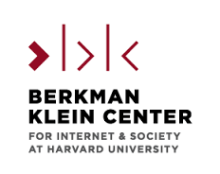The Post Road Foundation Announces Partners for New Funding, Infrastructure Approach
There are often common characteristics among communities that have invested in fiber optic infrastructure. While many of them can't get the connectivity they need from the incumbents or lack reliable Internet access, many begin their ventures into better broadband by connecting utility facilities. A new nonprofit, the Post Road Foundation, sees a valuable link between intelligent infrastructure, high-quality connectivity, and sustainability. By bringing together members of the public and private sectors, the Post Road Foundation is implementing an innovative approach to funding. With support from the Rockefeller Foundation, they've selected five partners to begin implementing their new approach to funding, connectivity, and sustainability.
Bringing It All Together
Co-founders of the Post Road Foundation, Waide Warner and Seth Hoedl, have decades of experience between them in law, policy, and leadership. Their areas of expertise span cyberlaw, government and finance, environmental law and policy, electricity, telecommunications and energy law and policy, nuclear physics, and the list goes on. Through their years of research and in consulting with both public and private entities, Warner and Hoedl both saw that many rural communities needed better connectivity for economic development, better quality of life, and to keep populations strong. They've also found that if local communities or cooperatives are able to use fiber optics to synergize multiple utilities, the community is resilient and more self-reliant.



